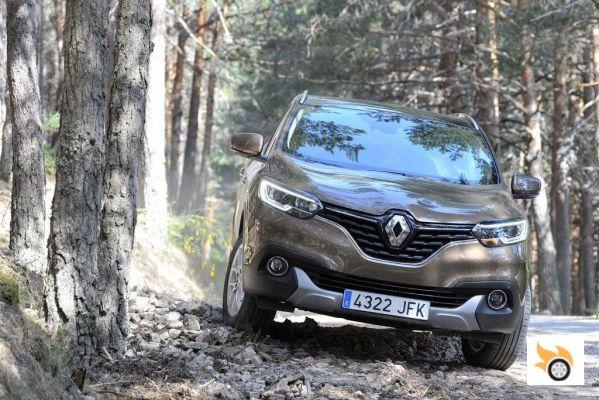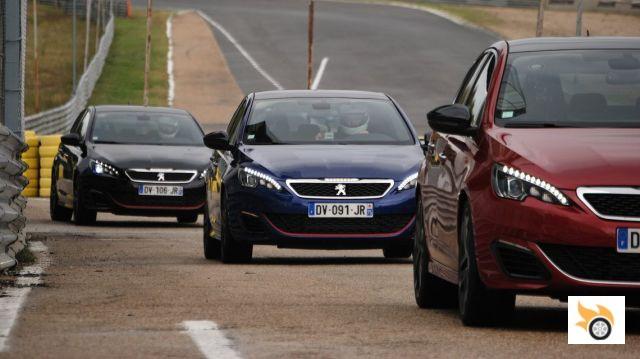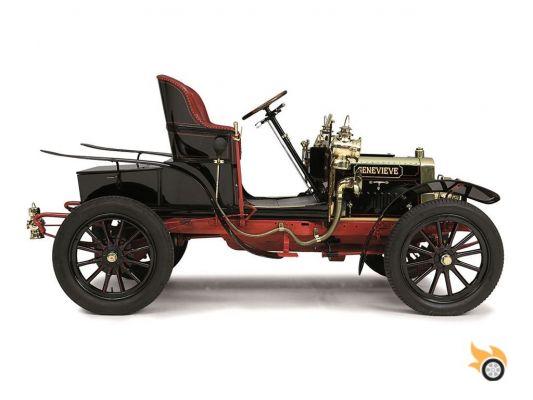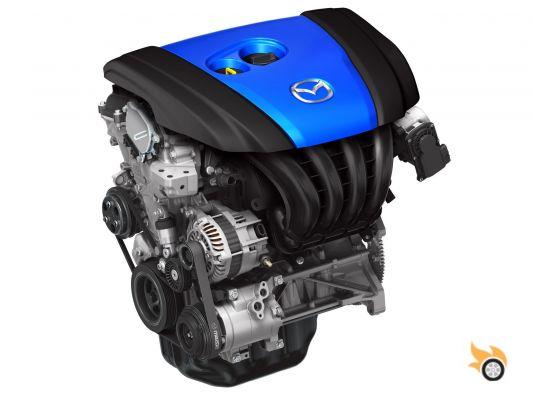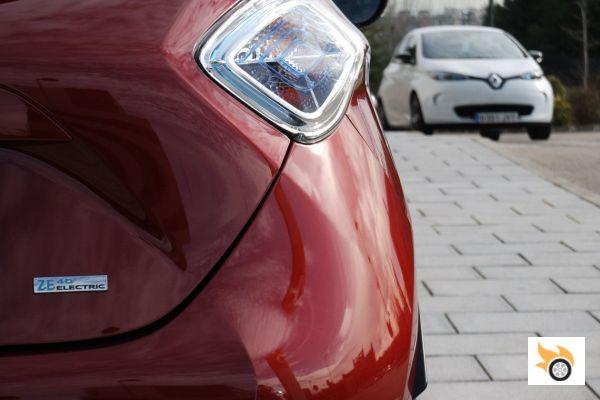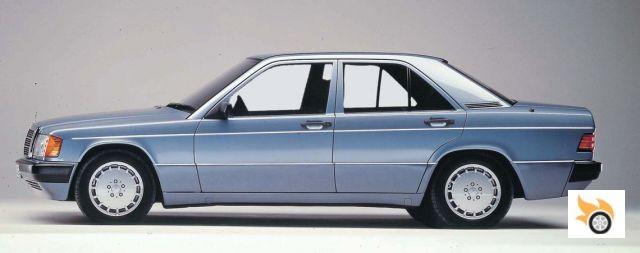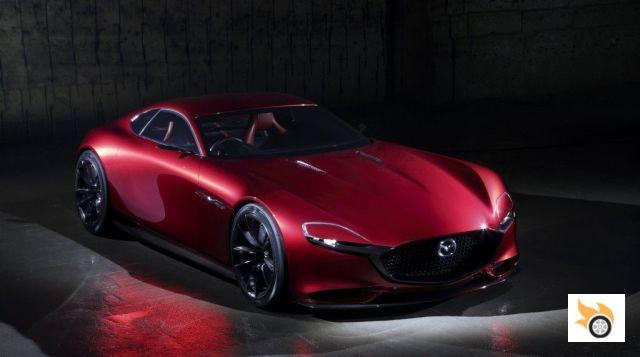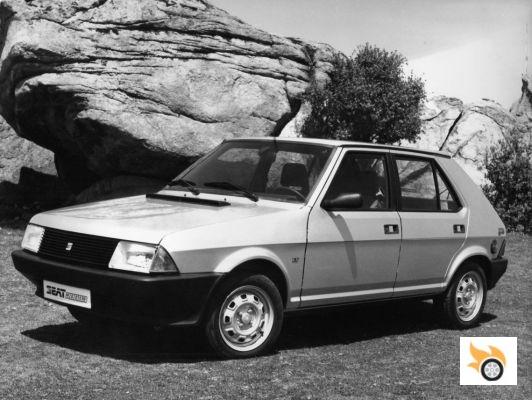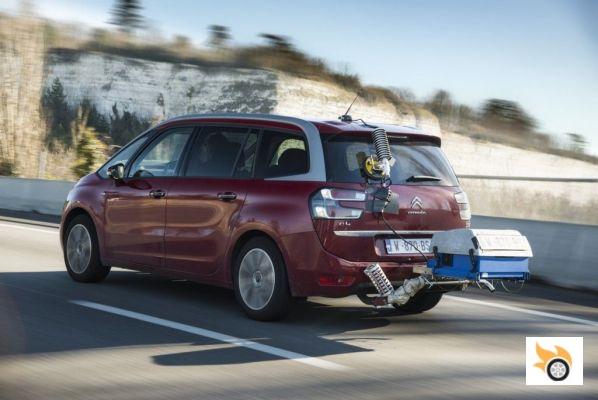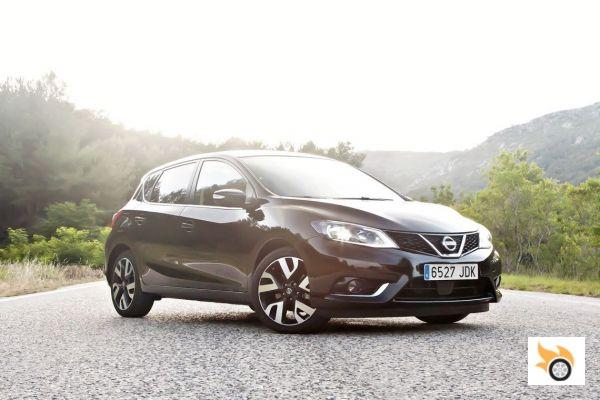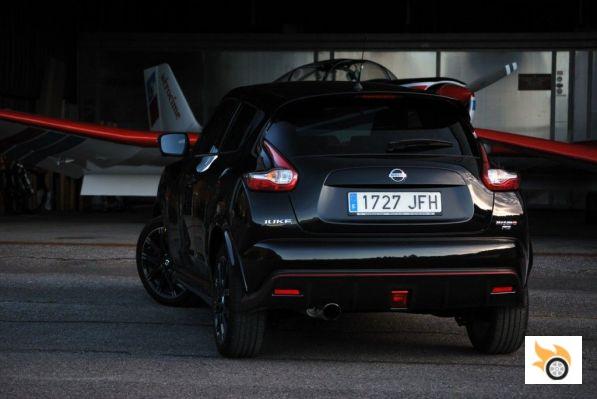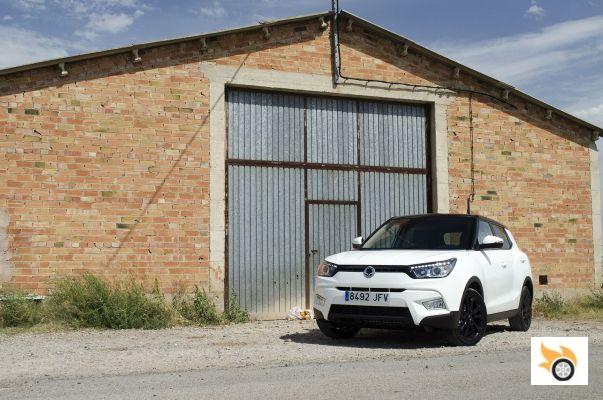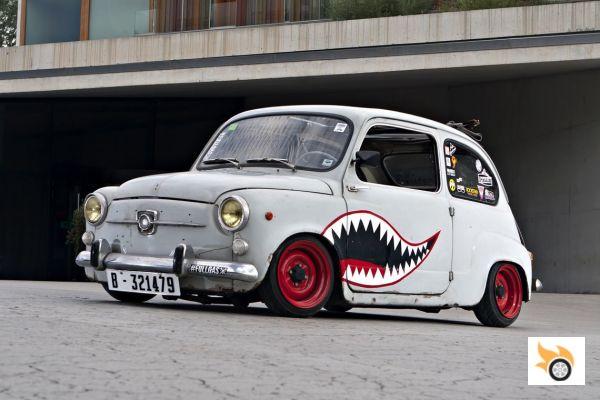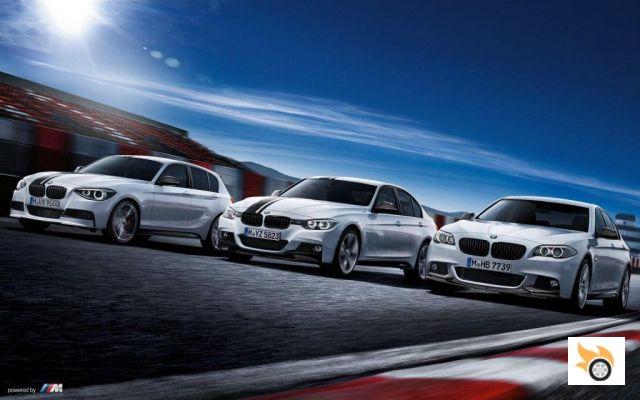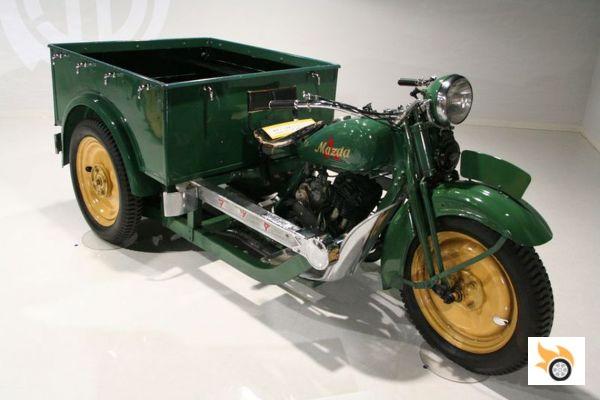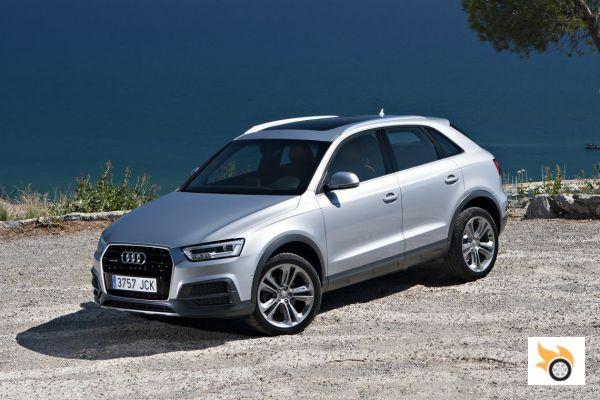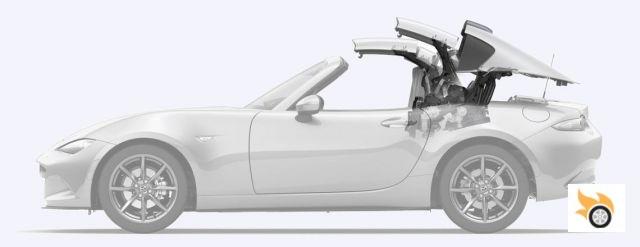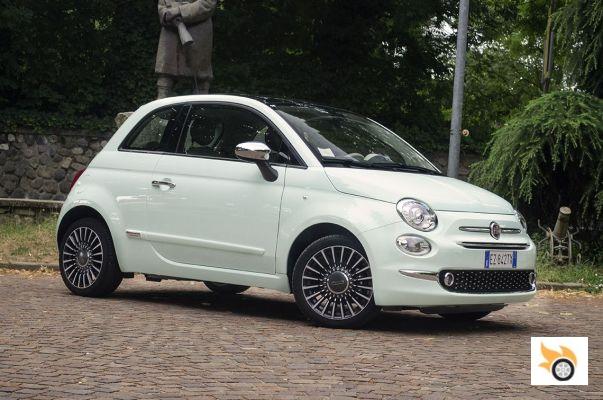In recent years, diesels have become the most effective way to lower carbon emissions. And high-end manufacturers have been leaders in squeezing power out of their blocks, in several cases exceeding 100 hp/litre, something very rare to see in generalists. We've seen some amazing - if I may use the term - four, six and eight-cylinder diesels arrive, plus some V10 and V12s that didn't pass Euro 5.
We even find sporty versions with diesel engines, and I can cite the case of the Audi SQ5 TDI. Yes, it will be an oil tanker, but try to follow him with your usual car where there is no possibility that there is "bird" of the DGT ... From one engine per range has grown to several engines per range, with gasoline products being niche products in several brands. The average number of registrations in Europe (January-March 2017) is 47% diesel, and above 50% there are practically only premium manufacturers.
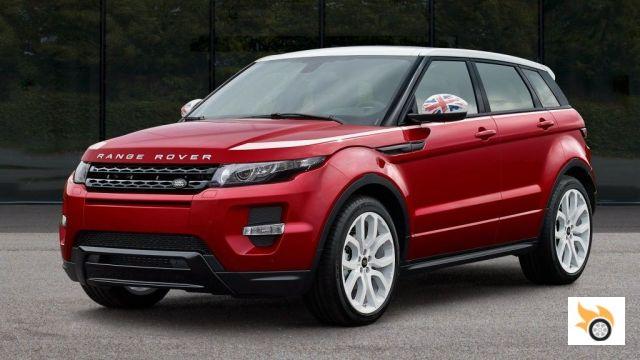
According to JATO Dynamics data, Land Rover sells 96% of tankers, Volvo 82%, BMW 71%, Mercedes-Benz 69% and Audi 65%. Interestingly Jeep is in second place with 82%, but that's due to the nature of its portfolio. The brand that sells the least diesel in the volume Premiums is Lexus, 0% since the IS 200d was retired, but that's a rare case. As of today, the Premiums can't survive without selling tankers, just ask Cadillac. In luxury brands, yes, consumption matters little.
The fall in diesel registrations has been especially noticeable in the generalists, but little in the Premiums (company car effect).
In petrol-diesel debates, the same cliché always comes up: "whoever buys a car worth XX,000 euros doesn't care about fuel consumption". Well, it's not going to be that way. It matters not only consumption, but what is left to pay in taxes for lower CO2 emissions (a corrupt and unreliable system), the market value at the time of sale, how much is the leasing fee ... That does matter. Whenever you hear the cliché, it's most likely to be said by someone who drives a diesel with much lower power, or by petrol-heads who don't do many kilometres a year.
On the other hand, premium diesels have achieved levels of refinement and performance that make, in many cases, that you don't miss a petrol version, even if there is one. The problem is nitrogen oxides (NOx), those that after Dieselgate we have all realised - even politicians - are out of control. Particulates are another problem, although less so since the Euro 6 regulation. Their petrol opponents -in the league we are talking about- do not have so many problems of fine particle emissions due to the abuse of turbocharging and motorcycle displacements.
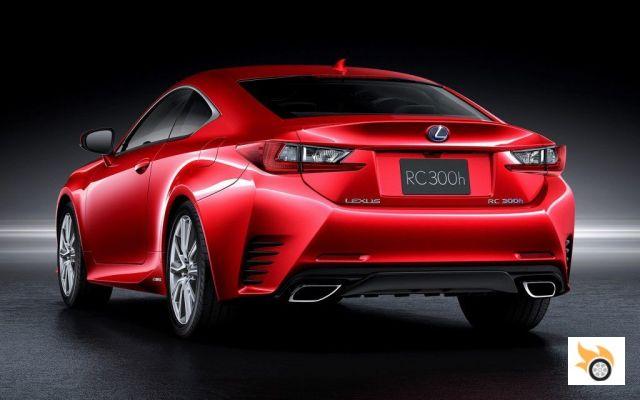
Sales of petrol cars are falling due to the medium-term threat of several European municipalities to limit or ban the circulation of diesel models. In a recent article we reflected on the fairness or otherwise of putting in the bag all diesels, including those that pollute less. In any case, those with older diesels will be more affected, but in some cases it won't matter if they comply with Euro 6.
Meeting the next stage, Euro 6c, will make engines and developments more expensive. By 2020, nitrogen oxide emissions will have to be reduced to 120 g/km, and that is a long way off for many models now, unless expensive investments are made. For example, PSA and VAG have done a lot of work on real nitrogen oxides reduction with their Euro 6 tankers, but they have economies of scale in their favour. Volvo has been another manufacturer to declare that it will abandon diesels when the current generation of engines - Drive-E - reaches the end of its life cycle. That won't be immediately, but in the medium term Volvo will be phasing them out. So how will it be able to meet the CO2 limit?
Well, the options are running out. A lot has to be sold in zero emissions (pure electric) or low emissions (plug-in hybrids) for the accounts to work out. Not only would have to sell many such vehicles, they would also have to sell massively low-end models with gasoline engines very turbocharged. Otherwise, it's impossible. That for Audi, BMW and Mercedes is more feasible, they already have B and C segment ranges with relatively low emissions. The same applies to the entry-level models in the D-segment.
Things get more complicated the bigger and heavier the cars are, and especially now, when SUVs and those models that happily exceed 1,500 kg with very improvable aerodynamics are in fashion. With gasoline engines achieve low consumption is very difficult, hybridization will be the way, and electric have to have a much more relevant role. Maybe one day they will regret having bet so heavily on SUVs, and that have not yet come more than 5 meters higher range.
Not much has happened since the time when "ecological" versions with diesel engines began to proliferate for top-selling models: Audi ultra, BMW EfficientDynamics Edition, Mercedes BlueEFFICIENCY, Volvo DrivE... Little is said about them now, or they have been integrated into their entire range, becoming invisible brands. At the time it was low rolling resistance tyres, Stop/Start, "revised" gear ratios (slower recoveries), optimised aerodynamics... It was the era of greenwashing or environmentalist posturing. Soon the fashion will be for 48-volt semi-hybrid systems, both for electric turbos and for assistance from secondary engines.
Behind all these cars, in addition to marketing, there was an appreciable reduction in consumption, but not as much as expected.
European municipalities are making things very difficult for the manufacturers, but in a way, it's payback. It was the manufacturers who contributed so much to the toxicity of the air, now they have the authorities against them. For a long time the formula worked: you lower my emissions, I tell the citizens that your cars are more environmentally friendly and we lower their taxes. It's hilarious. It's a great Truman show.
Hybridization is fine, but it's not the only way. For example, Lexus, which almost everything it sells in Europe is hybrid, does not stand out much in CO2 emissions, another thing is how easy it is to homologate few polluting gases (CO2 is not, it is a greenhouse gas). Lexus would have to sell CT 200h and IS 300h to sand more emissions. It's understandable, all their hybrids run on gasoline.
The use of gas does not help more than a little to lower emissions, the shots will not go there en masse. Few premium manufacturers are betting on alternative energies, like Audi with the topic of natural gas (g-tron). For years they tried it with bioethanol and flexible engines, but that didn't work particularly well either. They are also dabbling in the production of low net emissions fuels (producing them reduces emissions, it's like liquefying pollution).
Of all that was tried, it was the diesel engine that got the best results, but it turned out to be the most polluting alternative: CO2 went down, but the bad fumes didn't go down enough. On the opposite side of the problem, Tesla, its average carbon emissions is ZERO, it only sells electric. The American manufacturer is at least five years ahead of its European, American and Asian counterparts. Prestige manufacturers are already copying the model of a company that came out... eight years ago.
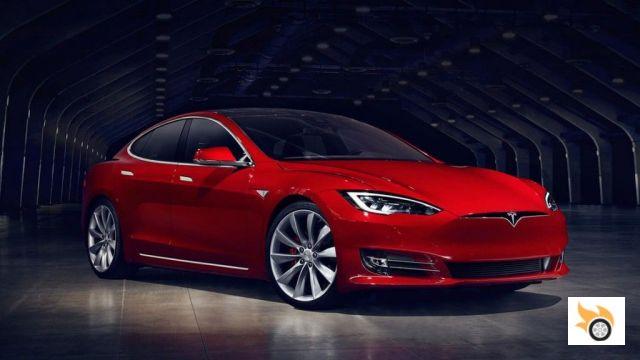
The problem is even bigger when you consider that the premiums are spending huge amounts of money on connectivity and autonomous/semi-autonomous driving systems, which weighs down the ability to invest in systems that effectively reduce emissions, both toxic and greenhouse. History has taught us that wars fought on several fronts at once do not usually end well.
At least the premiums can pass on a higher cost premium to the end customer to make their diesels forcibly cleaner. In other words, for the exhaust to be really clean you have to install several anti-pollution systems, and they make sense on large, heavy and/or powerful models. This makes less sense for the generalists, their customers are less inclined to pay more for not polluting. Brands like Renault are already thinking about detoxifying from diesel in low price segments.
Premiums are making great strides in plug-in hybrids, to a lesser extent in electrics, referring to what is tangible: what you can buy, and what you will be able to buy soon. They'd better achieve economies of scale that will allow them to reduce prices, and thus be able to convince the typical customer who buys a sub-180hp diesel with the sports packages on offer. From 40,000 euros downwards, that's where the lower-emission models should be placed.
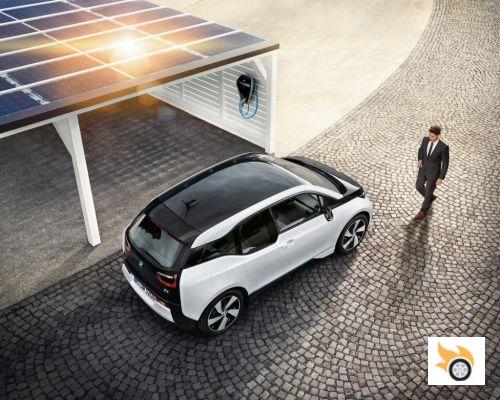
In a way, the same thing will happen again as in the 1980s. The diesel engine was a minority option, few drivers saw it as profitable. At that time, the performance and subjective pleasure of diesel engines left a lot to be said. Now performance is no longer a problem, and subjective pleasure is a matter of course. There are petrols that are more pleasant to drive than their petrol equivalents, and others that still sound like a tractor. Almost without fear of being wrong, we have the best diesel engines in history.
Granted, they're not as reliable, but they haven't been as clean before (well, take "clean" with a grain of salt), nor have they performed as well or better than petrols. Their success has already peaked, they're already on their way down. Is the diesel engine finished? In the long term, yes, absolutely. The only way to have a totally clean diesel engine is, in addition to a very sophisticated exhaust system, a fuel free of even the most microscopic of nasties. The future is synthetic fuels: pure hydrocarbons, no residues, low real emissions.
But until this - now - utopia, there is still a long way to go, and it remains to be seen if industrial production levels can be reached. In the long term it is more interesting to make synthetic stock for boats and agricultural machinery than for passenger cars. Industrial vehicles will be among the last to switch away from diesel engines. All this applies to developed countries, in the third world will continue to make do with what they have, but with modern engines is increasingly difficult. Multi-hole piezo injectors and common rail injectors are very sensitive to fuel quality.
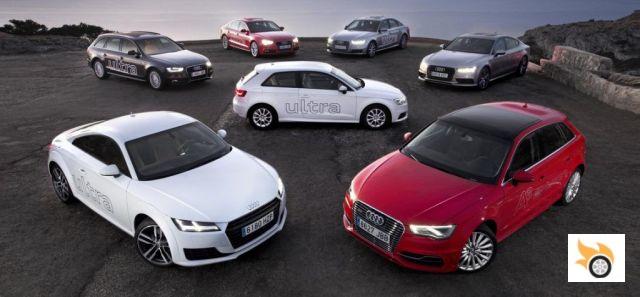
You could put just about anything in the old tankers, even used potato chip oil (with a bit of filtering). They were indestructible, with a few dishonourable exceptions. That era will never come back. The diesel engine is, like all engine technology, fit for purpose. Yes, it's good for people who move around a lot. No, it's a terrible idea for city driving and short trips just for the sake of refueling once a month or every two months. We Europeans "deserve" what has happened to us because of the perversion caused by taxes and fiscal rules.
In other parts of the world, except for South Korea, India, Maghreb... diesels are rarely seen and are more of a niche. There must be a reason for that.




